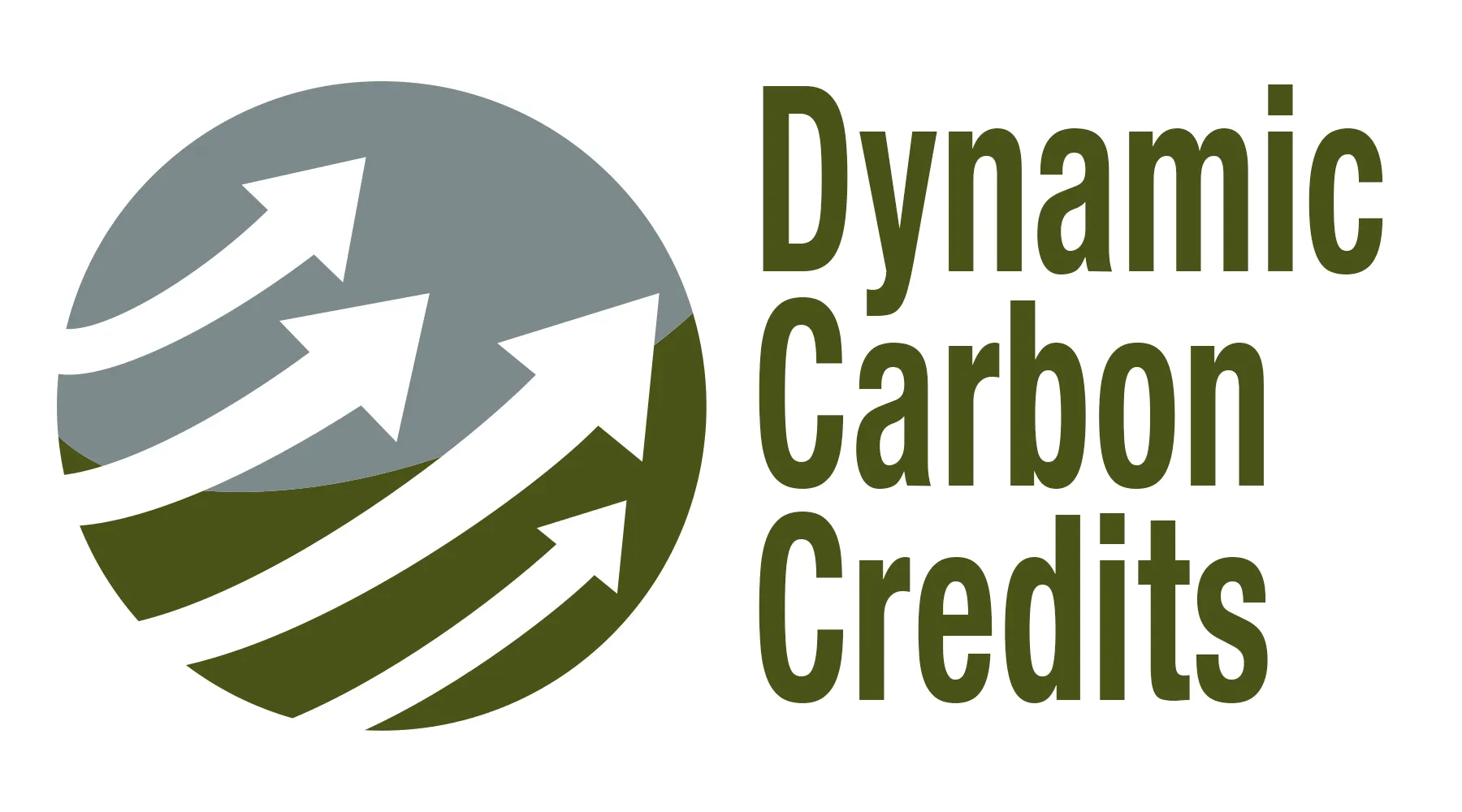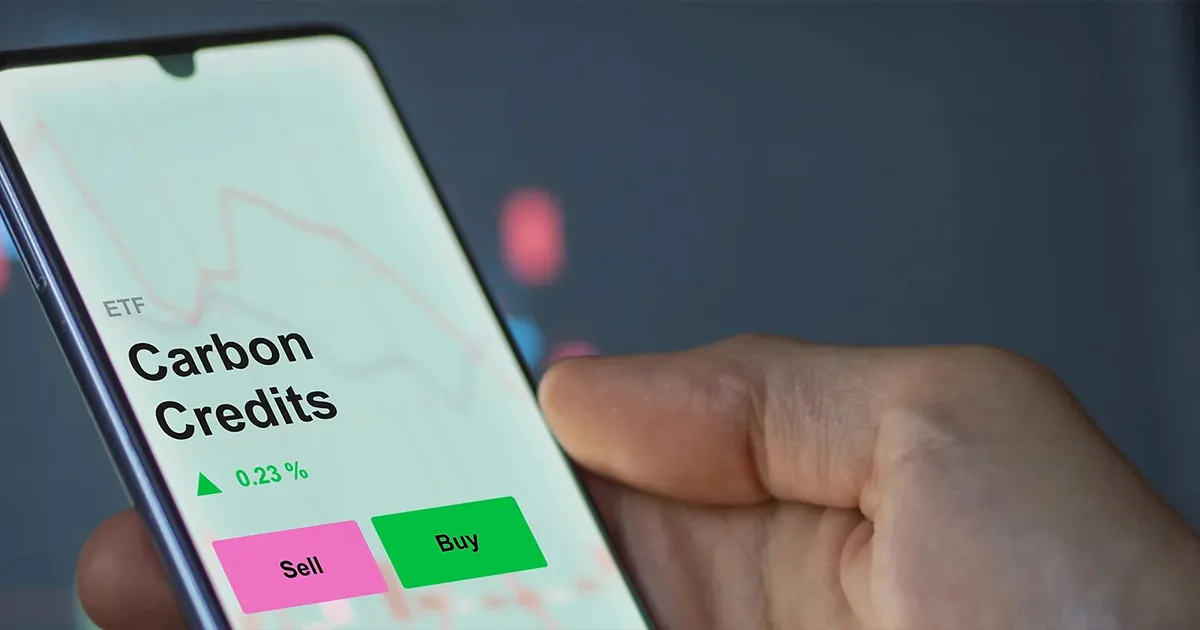Carbon credits are typically traded on various carbon markets around the world, and therefore, there is no one single entity or organization that is "in charge" of carbon credits. However, there are some international bodies and national governments that play a significant role in regulating and overseeing the use and trading of carbon credits.

For instance, the United Nations Framework Convention on Climate Change (UNFCCC) oversees the Clean Development Mechanism (CDM), which is one of the mechanisms under the Kyoto Protocol that allows developed countries to earn carbon credits by investing in emission reduction projects in developing countries.
Similarly, the International Civil Aviation Organization (ICAO) has developed a Carbon Offsetting and Reduction Scheme for International Aviation (CORSIA) to limit greenhouse gas emissions from international aviation. Under this scheme, airlines are required to purchase carbon credits to offset their emissions.
In addition, some national governments, such as those in the European Union and China, have established their own carbon markets and regulatory frameworks to monitor and manage the use of carbon credits.
Overall, the use and trading of carbon credits involve multiple actors, including governments, companies, and individuals, and are subject to various regulations and market forces. As an expert resource, Dynamic Carbon Credits supports medium to large businesses and Fortune 500 navigate this industry and offers our "DCC Buying Platform" as a resource that business professionals can leverage to gain access to high quality carbon credits. Let us help you take the guesswork out of this industry.
Let's Work Together!
Dynamic Carbon Credits is ready to show you how to solve your most pressing business challenges. Contact us today and begin seeing the results.

